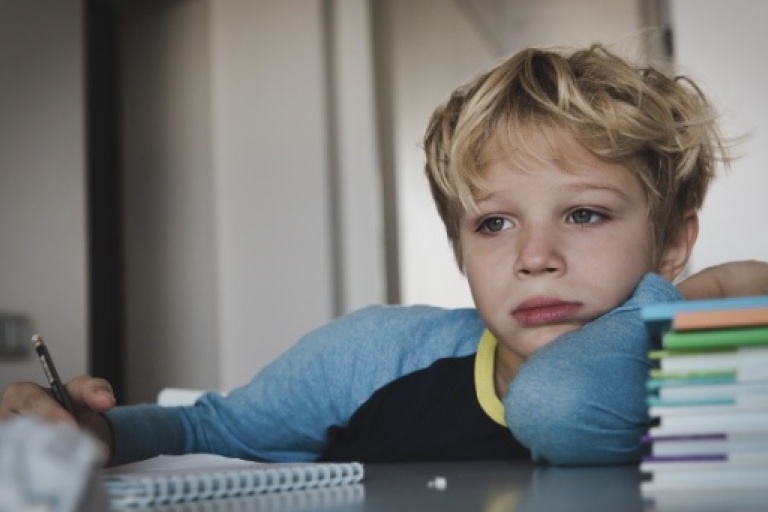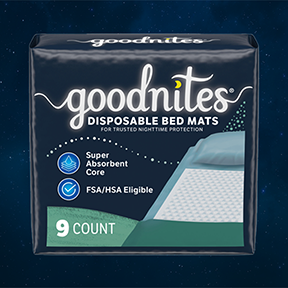Bedwetting Causes
Constipation and Bedwetting
02 Nov, 2022
3 min. Read
What Does Constipation Have To Do With Bedwetting?
Large blockages of stool in the rectum can push against the bladder, causing a reduction in the amount of urine the bladder can hold. Some children will have constipation without displaying any of the normal symptoms, so make sure to check with your doctor.What Is Constipation?
Constipation is a digestive disorder that causes infrequent bowel movements and/or passes hard, dry, and unusually large stools. Constipation is usually due to a lack of fiber and is relatively easy to cure by changing your diet.Symptoms Of Constipation
Constipation in children can be identified by several symptoms. Some children might not show any of these symptoms, so it’s still important to discuss with your doctor if you think that they may be suffering from constipation.- Irregular bowel movements
- Passing of hard and dry stools
- Passing of unusually large stools
- Difficulty passing stool
- Excessive and foul-smelling flatulence
- Abdominal pain or cramping
- Daytime and nighttime incontinence
- Withholding of stools
- Bloating and stomach discomfort
- Irritability
What Causes Constipation?
Constipation is usually caused by a lack of fiber in the diet, but it can also be caused by insufficient intake of fluids or by withholding stools (a habit some children develop).Less common causes in children include lack of physical activity, irritable bowel syndrome, stress, or reactions to some medications.Treatment Of Constipation
Most of the time, constipation can be cured with some simple dietary changes by increasing their fiber and water intake. Some other forms of treatment are more extreme and should be discussed with your doctor before doing any other treatments.Diet
Try to add these foods to your child’s diet:- Whole grains
- Bran or barley cereals
- Natural Greek yogurt
- Celery and lettuce
- Pears, apples, plums, peaches, and grapes
- Rice and pasta
- White bread
- Cheese
- Foods high in sugar
- Food and drink containing caffeine









